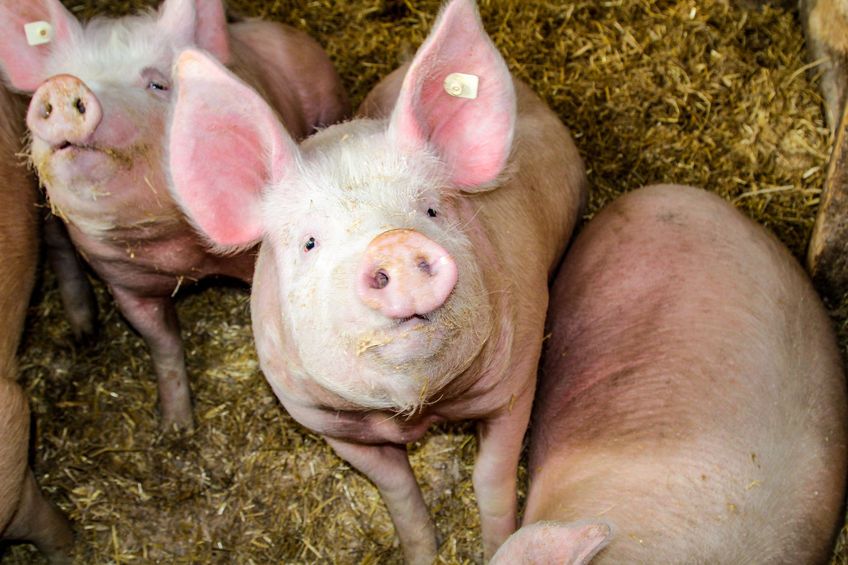
A Buckinghamshire pig unit has been affected by swine dysentery in what is the latest in a series of outbreaks experienced recently across the UK.
The outbreak has been identified on a nursery-to-finish unit in the county and was subsequently confirmed by laboratory tests on Tuesday August 27.
It is suspected to have been present for two-three weeks as there were no distinctive clinical signs of dysentery.
Strict biosecurity and biocontainment measures are currently in place and the unit is reported to be responding well to treatment.
Once the pigs are at slaughter age the unit will be fully depopulated and enhanced cleaning and disinfection will take place.
The exact origin of the outbreak is unclear, but is currently under investigation.
Swine dysentery is a severe, infectious disease characterised by diarrhoea and is marked by weight loss which severely limits productivity.
In its notification of the outbreak, AHDB said: “If you have recently moved pigs from Buckinghamshire please monitor them closely for the development of any clinical signs of enteric disease and notify your vet immediately if you observe any suspect diarrhoea.
“It is important that a heightened level of biosecurity and monitoring for clinical signs are observed over the next few weeks, especially within the Buckinghamshire region.”
A number of cases have been identified this year in North and West Yorkshire, as well as in Norfolk, Suffolk, Nottinghamshire, Leicestershire, Gloucestershire and north east Scotland.
Producers are also being urged to sign up to the Significant Diseases Charter, which provides notification of outbreaks.
The National Pig Association (NPA) and the Pig Veterinary Society (PVS) have agreed that the Significant Diseases Charter should become compulsory under Red Tractor.
The calls reflect concerns that some outbreaks of swine dysentery are not being reported.
“It is clear that there is a lot more dysentery out there than we think, so we need to address it,” NPA chief executive Zoe Davies said.
The NPA, AHDB and other organisations recently launched the #MuckFreeTruck campaign, partly in response to evidence that some of the recent swine dysentery cases have been spread via transport.
